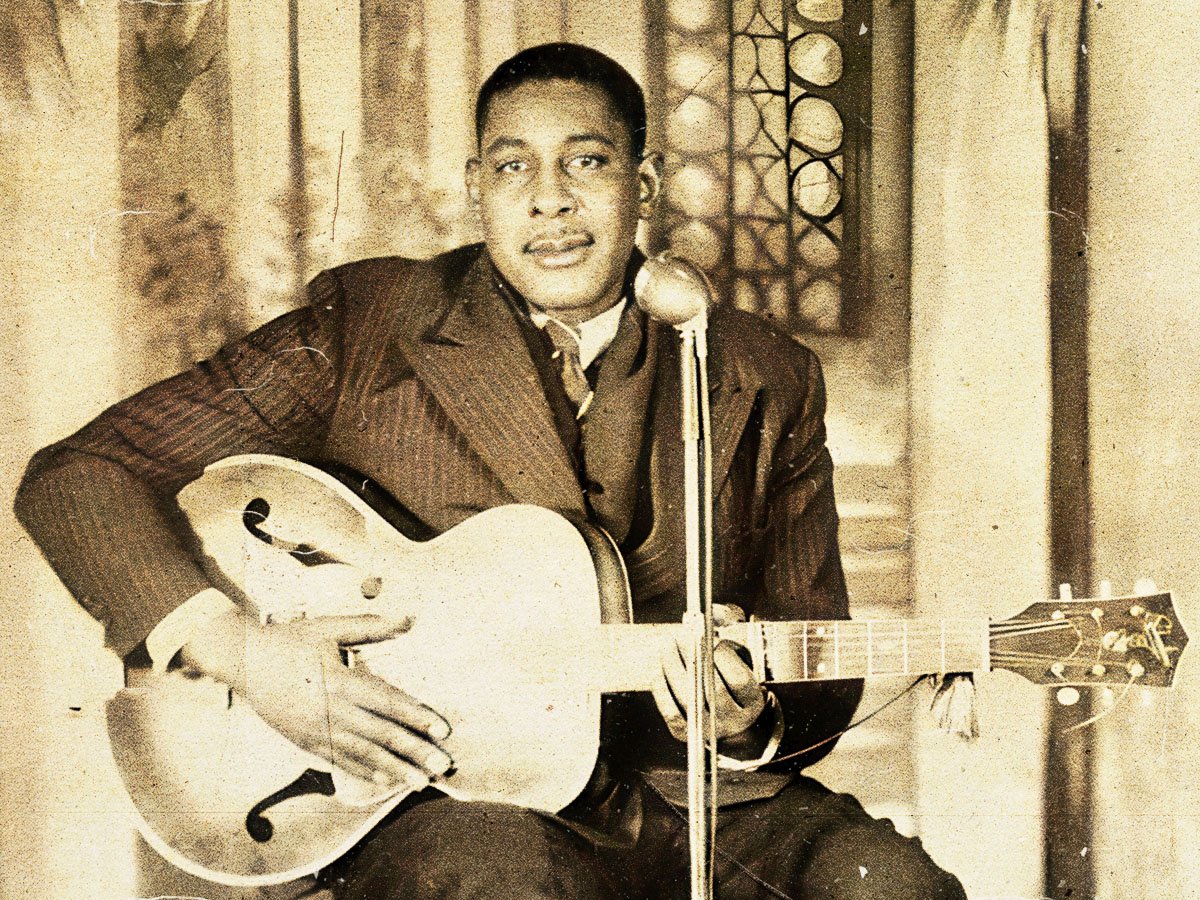Arthur “Big Boy” Crudup may not be a household name like Elvis Presley or Muddy Waters, but his contributions to blues and rock ‘n’ roll are deep and far-reaching. Known for his raw, emotional voice and simple yet powerful guitar work, Crudup’s music laid the foundation for a generation of rock musicians. Here are five fascinating curiosities about this influential bluesman:
1. He Wrote Elvis Presley’s First Hit
One of the most significant facts about Crudup is that he wrote “That’s All Right”, the song Elvis Presley recorded in 1954 as his debut single. Crudup had originally recorded the song in 1946, and its upbeat tempo and catchy rhythm made it an ideal choice for the young Presley. Though Crudup never achieved the same fame, this song became a cornerstone of rock ‘n’ roll history.
2. He Rarely Received Royalties
Despite penning several songs that became hits for other artists, Crudup struggled financially throughout his life. He often complained about never receiving fair compensation or royalties for his work. For many years, he was forced to work odd jobs, including as a laborer and bootlegger, just to support himself and his family. It wasn’t until late in his life that efforts were made to secure some of the royalties he was owed.
3. He Had a Distinctive Guitar Style
Crudup’s guitar playing was raw, rhythmic, and heavily rooted in Delta blues traditions. His technique wasn’t flashy, but it had a steady, driving quality that resonated deeply with listeners. This simplicity became one of his trademarks and made his music highly accessible and easy to adapt—something many rock artists took advantage of when covering his songs.
4. He Recorded Under Pseudonyms
During his career, Crudup sometimes recorded under different names due to contractual restrictions and disputes with record labels. Names like “Elmer James” and “Percy Lee Crudup” appeared on some of his recordings. These alternate identities allowed him to continue making music even when he faced legal or financial issues with previous labels.
5. He Made a Comeback in the 1960s
Though Crudup faded from the spotlight in the 1950s, he enjoyed a brief revival during the 1960s blues and folk boom. Encouraged by renewed interest in traditional blues artists, he recorded several albums and performed at blues festivals. These later recordings helped preserve his legacy and introduced his work to a new generation of fans and musicians.
Final Thoughts
Arthur “Big Boy” Crudup’s legacy might be overshadowed by the rock stars who borrowed from his catalog, but his impact on American music is undeniable. From inspiring Elvis to contributing to the DNA of rock ‘n’ roll, Crudup’s blues laid the groundwork for much of what came after. His story is a poignant reminder of the many unsung heroes behind popular music’s greatest hits.


Comments are closed